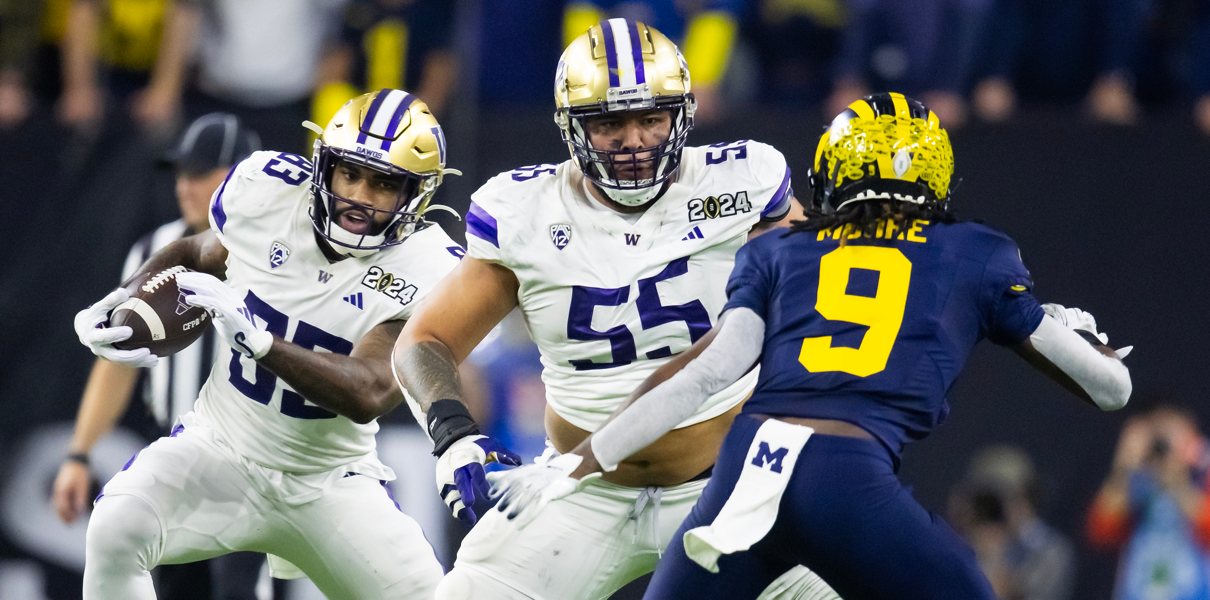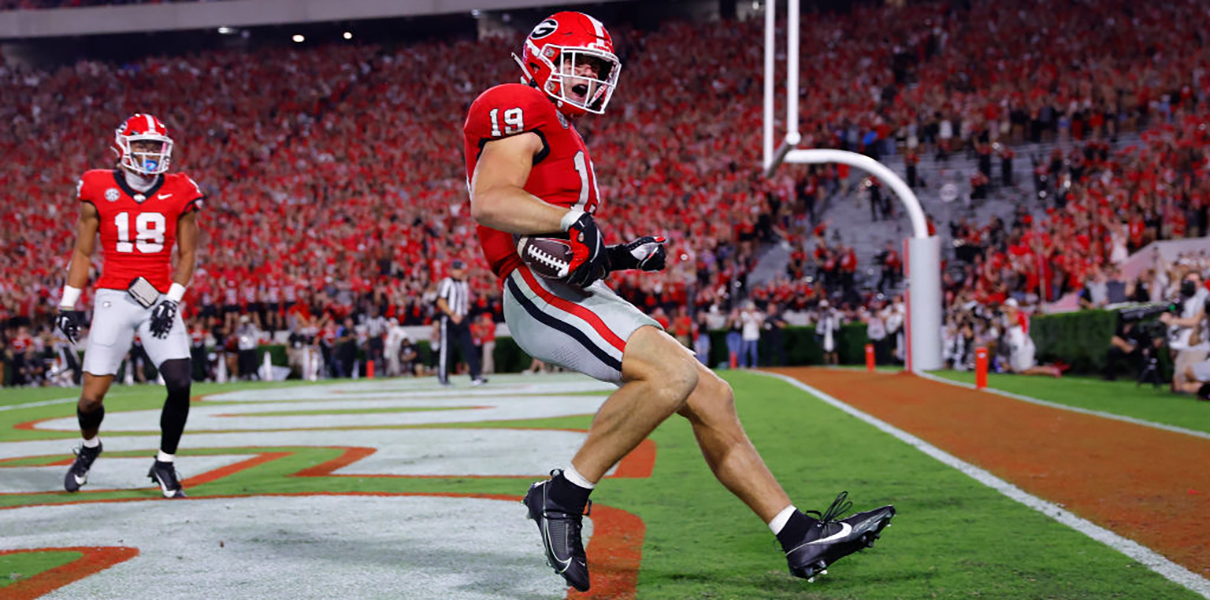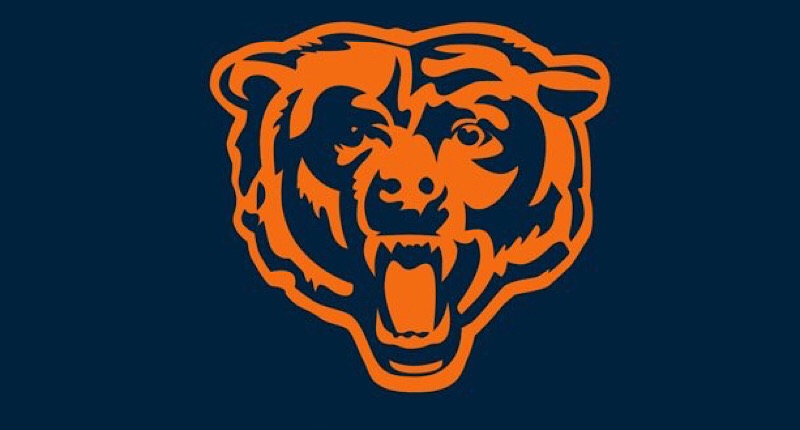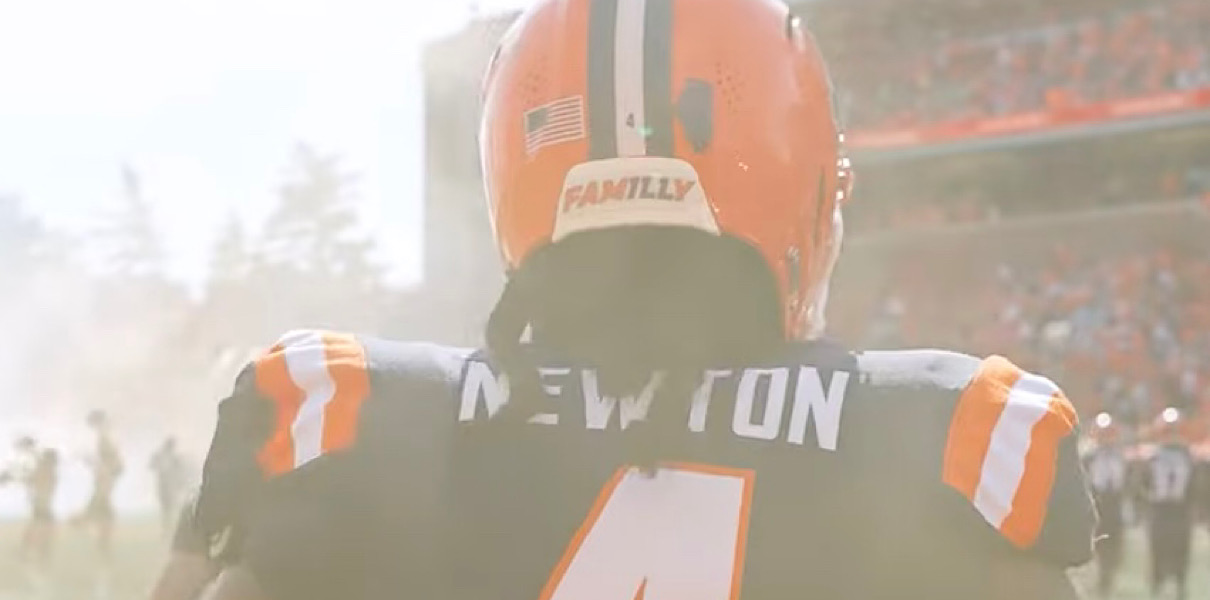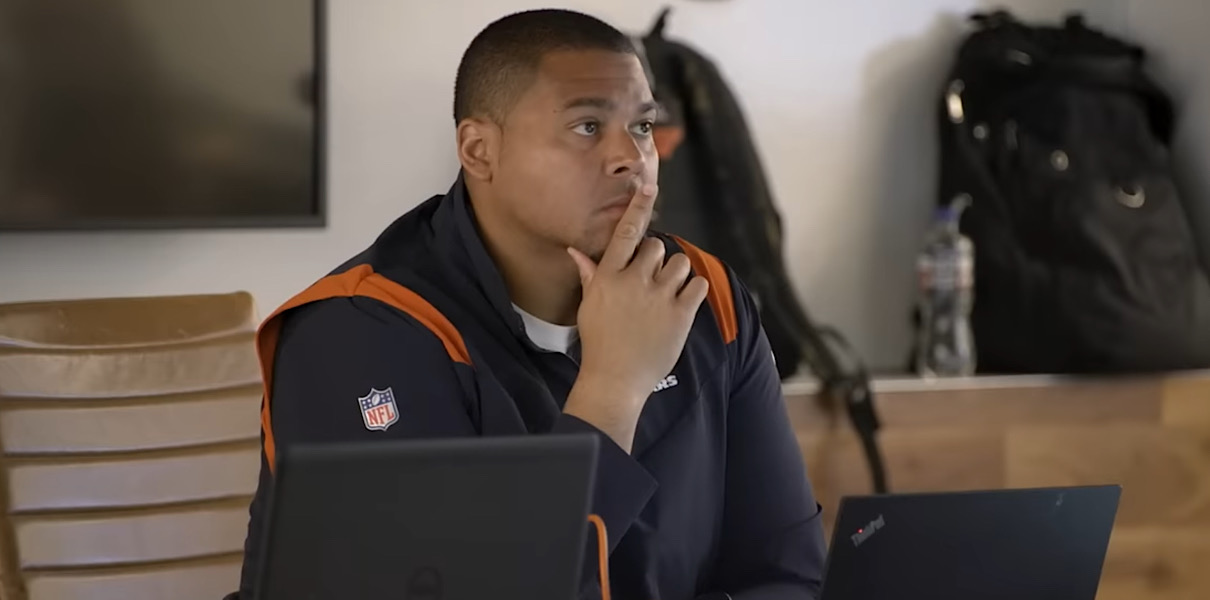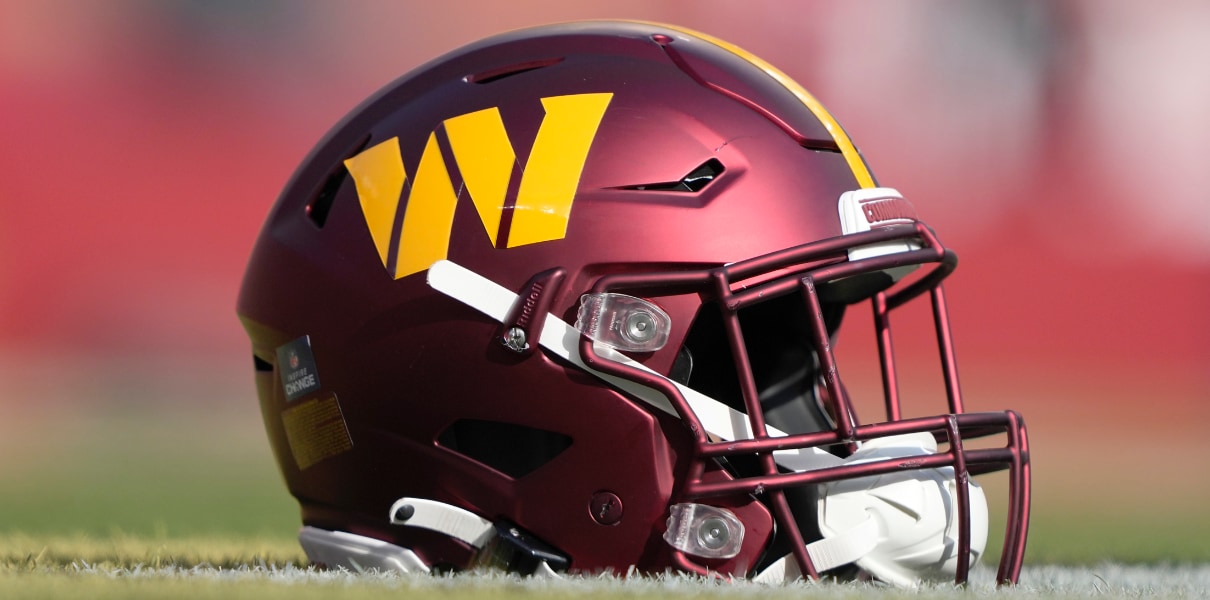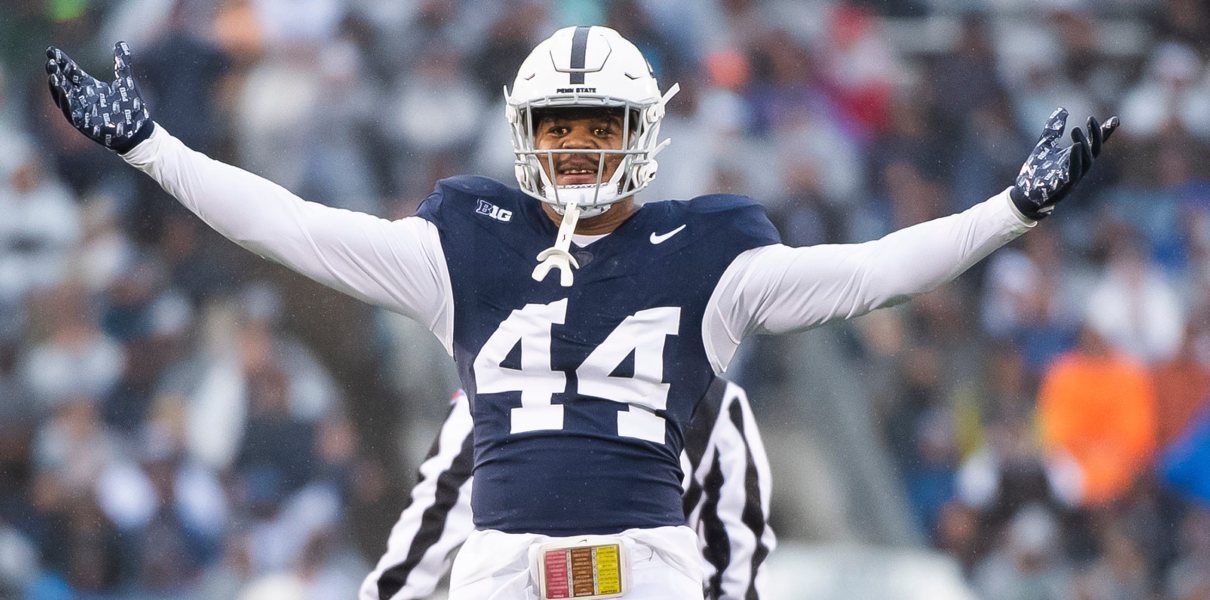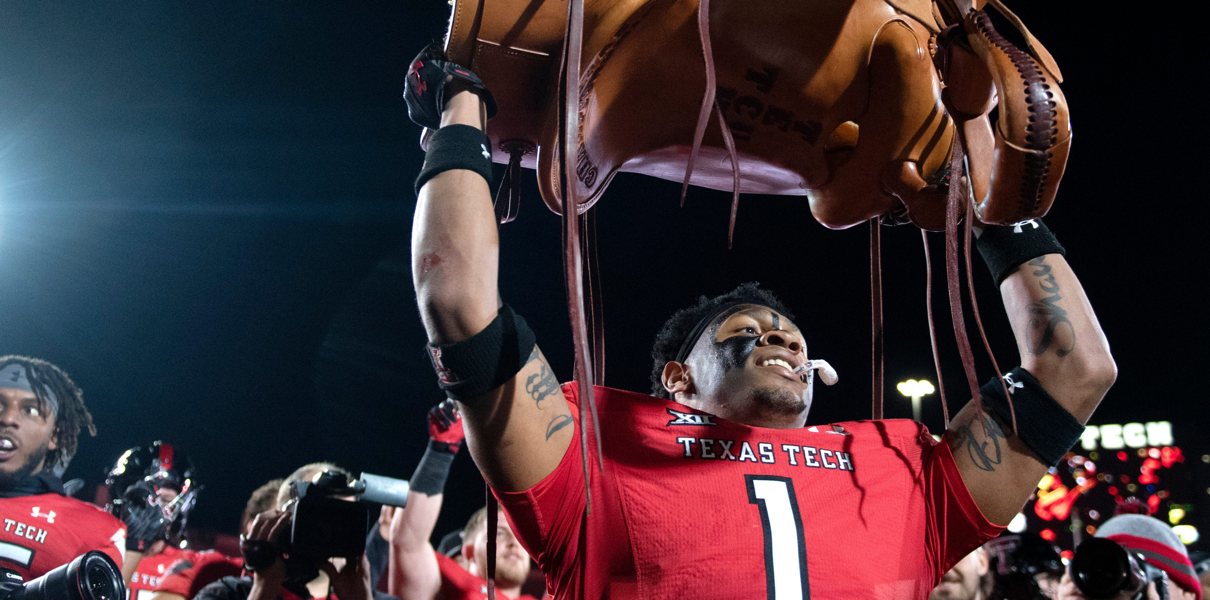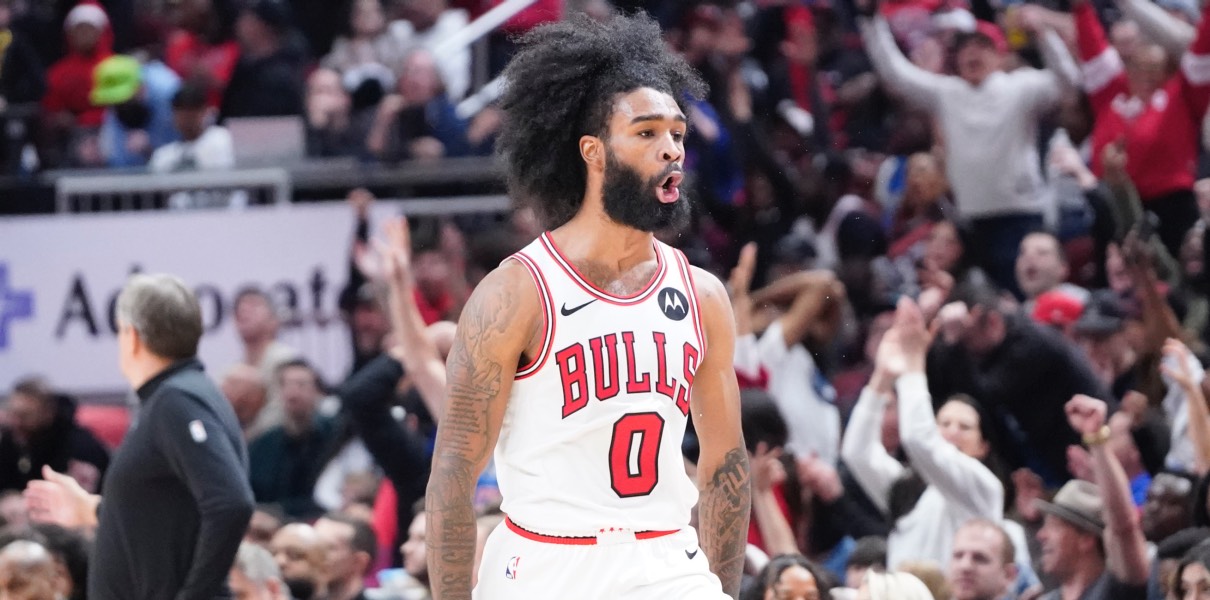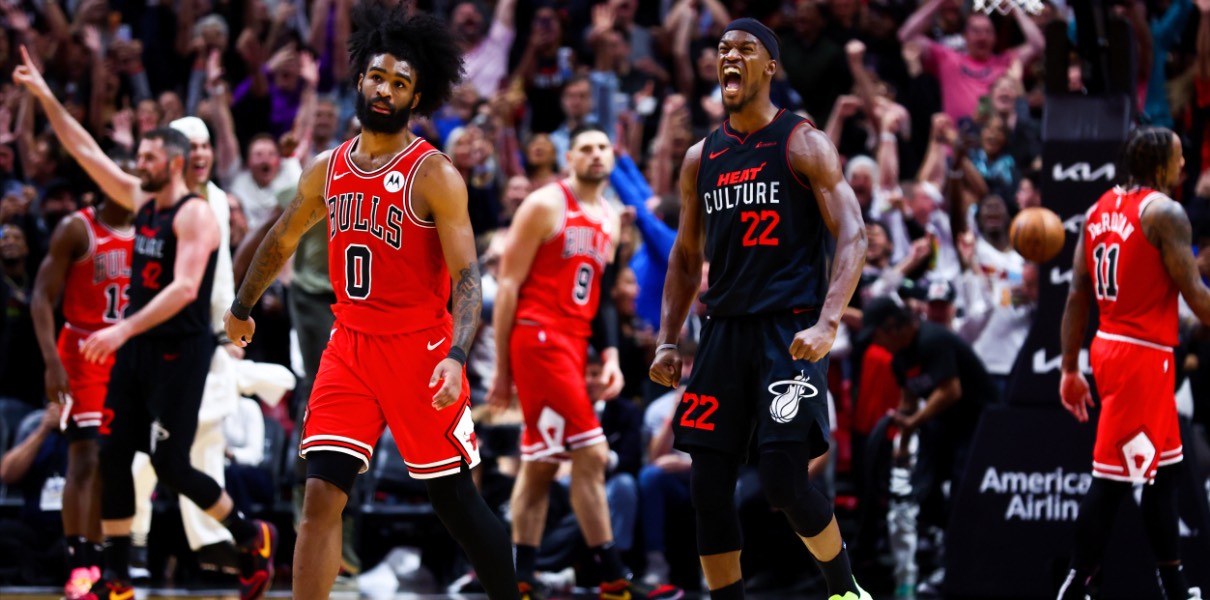Kevin Fishbain and Adam Jahns of The Athletic teamed up for one of the best reads your eyes will come across when it comes to the Chicago Bears and if they’ve found their true franchise quarterback in Justin Fields.
There are on-the-record anecdotes from Bears Head Coach Matt Eberflus, anonymous NFL scouts, former star QB Mike Vick, and a host of others. On its own, the volume of perspectives makes this a must-read piece. But there are two quotes from quarterback-turned-analyst Robert Griffin III that stand out to me the most.
The first is Griffin laying out what changed beginning in Fields’ performance against the Patriots on Monday Night Football in Week 7:
“I felt like early in the year, (Fields) was trying to play quarterback as opposed to just playing football. I think it let him get into his own head a little bit too much,” Griffin, an analyst at ESPN, said. “Starting in that (Patriots) game, I just believe the coaching staff, him, they sat down and they allowed him to go out and start playing football — using his legs to generate positive momentum for him to get back to the place that he was at in college.”
Sure, highlighting Fields’ rushing numbers and the Bears’ offensive explosion that came after QB1 found himself tapping into his mobility tends to come with internet clowns calling him a running back. But it turns out Fields’ mobility helped level up his passing efficiency. Fishbain and Jahns unearth an eyebrow-raising EPA stat regarding Fields’ play in and out of the pocket. In the pocket, Fields’ EPA per pass attempt from the pocket was 32nd. Not great. But outside of the pocket, he was fourth — behind only Joe Burrow, Justin Herbert, and Dak Prescott. EPA (a.k.a. Expected Points Added) is a stat that tries to measure how well someone plays relative to expectation and define how many points a player/play is worth). So if you’re hanging around the Joe Burrow and Justin Herbert end of the spectrum, you’re doing something right.
And then there is this quote, which I think serves as the best advice anyone could give Fields (bold emphasis mine):
“I didn’t avoid the injuries and the big hits, but that doesn’t mean that Justin Fields can’t,” Griffin said. “For him, don’t try to go out on the field and try to prove you can play QB from the pocket. Just go play football. React how you’re supposed to react. Don’t try to play the position how somebody thinks you should play the position. Play it the way that you know how.”
At some point, Fields is going to have to win games by playing quarterback. There is no denying that much. Then again, how we define playing the position is constantly changing, and that should be the big takeaway here. Well, that and how Fields is essentially at the forefront of the transformation of the most important position in professional sports.
Let’s face it. The job is different now than it was 5 or 10 years ago. What has long been traditional quarterback play is fading. In its place, a new evolution that combines arm talent, mobility, athleticism, guile, and more. And to think, this is probably just the start of this wave of evolution. What is to come might be something beyond our wildest imagination. But that is part of why we watch the game itself. We tune in every week to see something we haven’t seen before. It is what makes the NFL America’s most captivating reality TV show.
There is so much more to dive into from this piece. And allow me to encourage you to cut out some time from your day to give it your full attention. It’ll be worth it:




